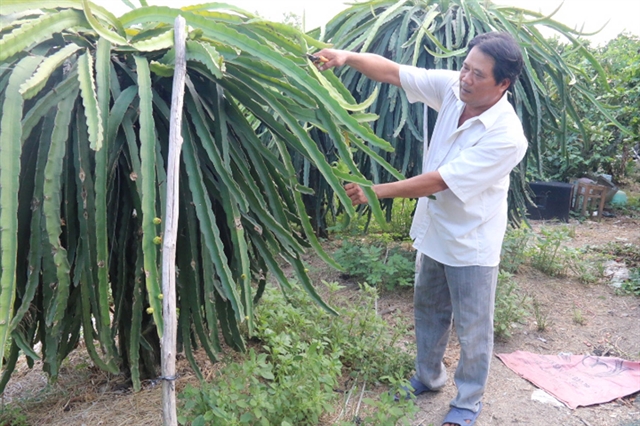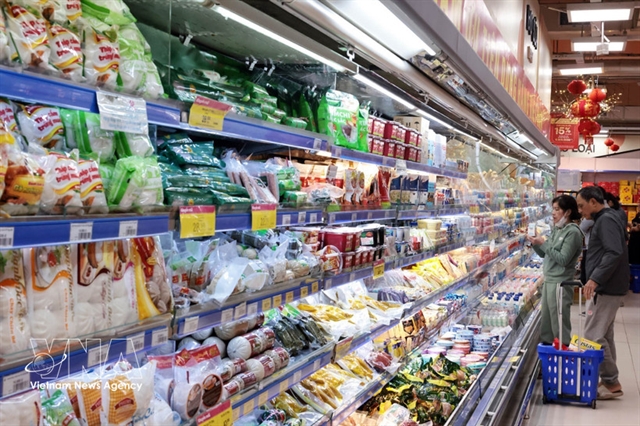 Society
Society

Proper zoning and more investment for processing are among the measures needed to develop sustainable production of dragon fruit in the country, experts have said.

|
| Dragon fruit is grown in Chợ Gạo District in the Cửu Long (Mekong) Delta province of Tiền GIang. — VNA/VNS Photo Minh Trí |
BÌNH THUẬN — Proper zoning and more investment for processing are among the measures needed to develop sustainable production of dragon fruit in the country, experts have said.
Last year, the country exported more than US$1.1 billion of dragon fruit, accounting for about 30 per cent of the country’s total fruit and vegetable export value, according to the Việt Nam Farmers Association.
Speaking at a seminar in the south-central province of Bình Thuận earlier this week, Nguyễn Xuân Định, deputy chairman of the association, said that China had begun cultivating dragon fruit and was raising standards for dragon fruit imports.
China is currently the main market for Vietnamese dragon fruit.
“If we do not improve the quality of dragon fruit, production and consumption of the fruit will face problems,” he said.
Bình Thuận and the Cửu Long (Mekong) Delta province of Long An and Tiền Giang top the country in dragon fruit growing area.
Bình Thuận, the country’s largest dragon fruit producer, has nearly 30,000ha of dragon fruit. Of the figure, nearly 10,000ha are planted under Vietnamese good agricultural practices (VietGAP) standards and more than 260ha under GlobalGAP standards.
However, the country’s dragon fruit production is largely unsustainable since many farms are small-scale and there is a lack of co-operation among stakeholders and seedling management.
Most dragon fruit growing areas are scattered and few of them use advanced farming techniques. In addition, the quality of seedlings has not been managed properly.
Evaluation of growing areas also needs to be done to identify the variety of dragon fruit suited to each area.
Mai Thành Phụng of the HCM City-based Tropical Agricultural Research and Consultancy Center said that localities should set up zoned growing areas and improve management to ensure sustainability.
Farmers should also establish co-operatives and work together to reach quality standards, and involve other stakeholders so that buyers and outlets can be guaranteed.
More trade promotions and favourable conditions for investment in dried dragon fruit and dragon fruit wine are needed as well.
Up to 80 per cent of the country’s dragon fruit is sold fresh and unprocessed.
The country produces an annual output of 660,000 tonnes of dragon fruit. — VNS




